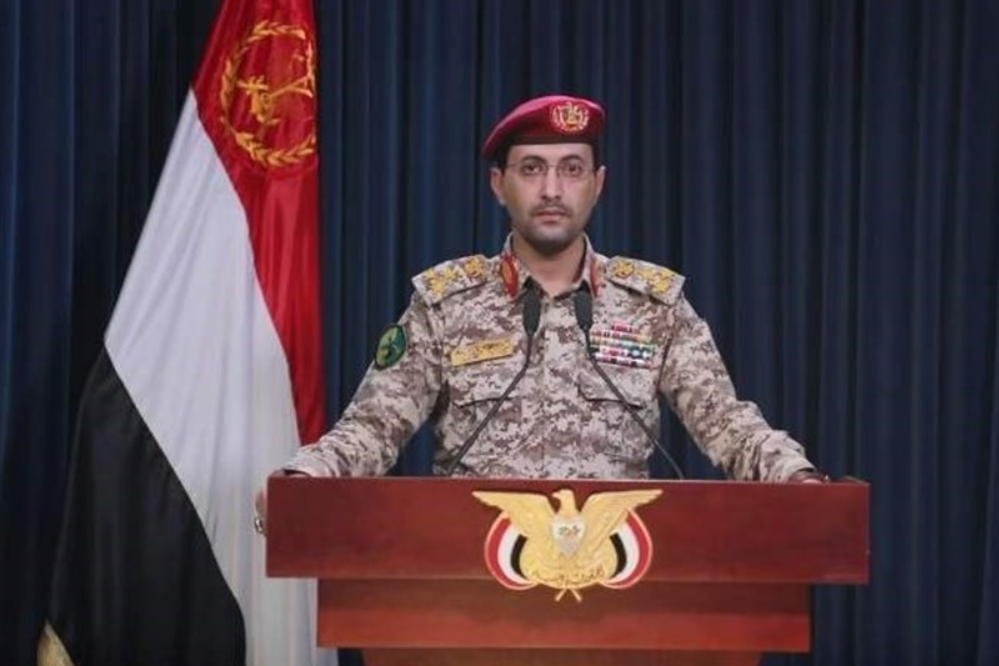Syrian government forces and affiliates summarily executed dozens of Druze in Sweida
Syrian government forces and affiliates summarily executed dozens of Druze in Sweida

Syrian government forces and their allies summarily executed dozens of Druze in the southern governorate of Sweida during July's violence.
Videos and testimony collected by Amnesty International revealed that at least 46 were "deliberately and unlawfully killed" by government and affiliated forces in military and security uniforms, with some bearing official insignia.
Footage collected between 15 and 16 July include verified videos of armed men executing unarmed people in homes, a public square, a school and a hospital.
Amnesty said armed men in Sweida directed sectarian slogans at members of the Druze community and forcibly shaved the moustaches of religious men, which hold spiritual significance for the minority.
One video obtained by Amnesty shows a man in civilian clothing sitting at the entrance of a public school in Tha’la village, in the countryside of Sweida, being questioned by at least three armed men in military uniforms.
In the video, the armed men ask him if he is “Muslim or Druze?”
When the man eventually admits he is Druze, the armed men shoot him dead.
Amnesty also documented the execution of a medical worker at a hospital in Sweida by armed men in military uniforms in the presence of other armed men and a security official.
'The Syrian government must promptly, independently, impartially and transparently investigate these executions
- Diana Semaan, Amnesty International
Seven men - including one wearing a General Security uniform - entered the hospital on 16 July and gathered at least 38 people, most wearing medical scrubs, before making them kneel with their hands up.
Mohammed Rafiq al-Bahsas, a medical worker, attempted to reason with the men before being hit on the head and then shot by two separate men after pleading for his life.
"When government security or military forces deliberately and unlawfully kill someone, or when affiliated forces do so with government complicity or acquiescence, that constitutes an extrajudicial execution, which is a crime under international law," said Diana Semaan, Amnesty International’s Syria researcher.
"The Syrian government must promptly, independently, impartially and transparently investigate these executions and hold perpetrators accountable in fair proceedings, without recourse to the death penalty."
Widespread violence
Violence between members of the Druze minority, Bedouin tribesmen and state forces saw more than 2,000 people killed in Sweida in July.
The episode followed further violence in March in the coastal province of Latakia, where attacks by alleged Assad loyalists provoked a violent sectarian backlash against the minority Alawi population, of which the former president and his family were members.
At least 1,500 Alawi were killed in the subsequent violence, with a Reuters investigation tracing much of it back to officials in Damascus.
President Ahmed al-Sharaa has sworn to hold all perpertrators of violence to account and on 31 July, the Ministry of Justice established a committee to investigate violations that occurred in Sweida.
Speaking on state TV last month, Sharaa conceded that they had "witnessed many violations from all sides... some members of the security forces and army in Syria also carried out some violations".
He said the state was required "to hold all perpetrators of violations to account".
However, he reiterated that he would resist any attempts towards separatism or decentralisation in Syria, hitting back at ongoing protests in Sweida demanding autonomy.
Israeli government leaders have stated their desire to see Syria partitioned along sectarian lines, while Israel has repeatedly bombed government military installations, and seized territory in the south, moving beyond the buffer zone in the annexed Syrian Golan Heights.
Since Sharaa and a coalition of fighters led by former al-Qaeda affiliate Hay'at Tahrir al-Sham (HTS) overthrew longtime ruler Bashar al-Assad in December, the new interim government has struggled to maintain stability.
The government has also faced criticism over their decision to announce that upcoming elections set to take place between between 15 and 20 September will featured a mixture of MPs selected by the president and those selected by hand-picked committees.
Human Rights Watch told Middle East Eye last month the recent violence in Latakia and Sweida made it vital that ordinary citizens could hold the state to account.
“As Syrian authorities work to establish new political structures, they must guarantee the right to political participation for all Syrians," said Adam Coogle, deputy director of the Middle East and North Africa division at HRW.
"Given the rampant unchecked authority of the previous government, it is paramount for Syria to establish independent systems for holding the government accountable for violations.”







